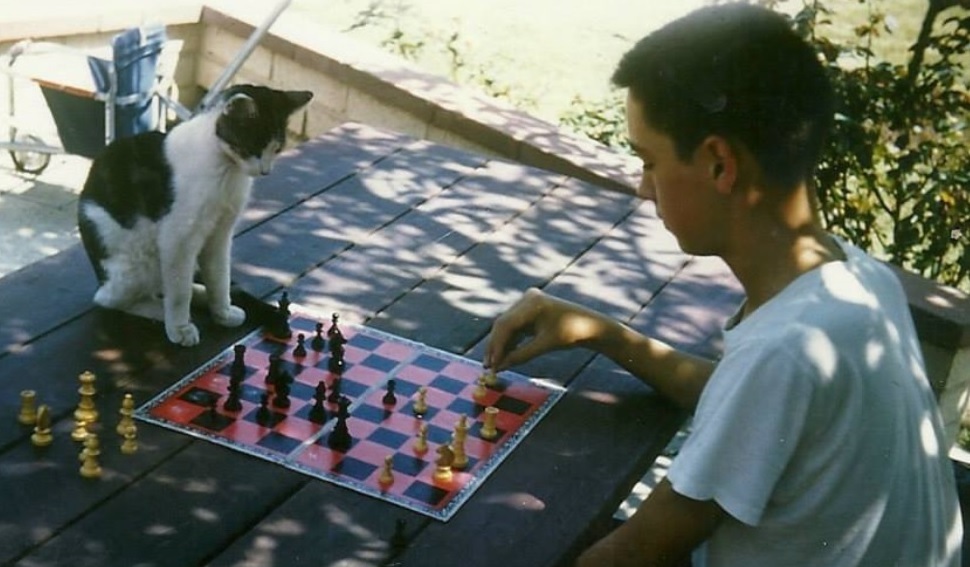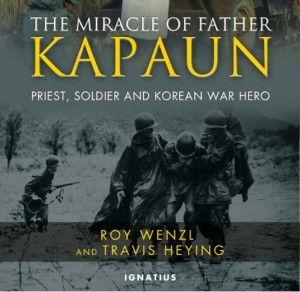Quoting Jonathan David Whitcomb
I don’t often write more than 200 words without mentioning modern pterodactyls, but this is different. I now quote myself and hope you enjoy at least some of it, whether it’s funny or thought provoking or just entertaining. If you don’t discover any truth new to you, maybe you’ll get a smile, if not a laugh.
Attempts at humor
If you lead, others will follow, but if nobody wants to lead
then everybody watches football. [Aug 1, 2017]
How many important things cannot easily be learned in a university!
But do not tell that to a student until after graduation. [2021]
One thing we have to get used to about people:
They’re all human.
May the windows of heaven be opened onto my intellect,
that I may remember what I was thinking ten seconds ago. [2021]
 This is me in my youth, playing with my cat; he was really good.
This is me in my youth, playing with my cat; he was really good.
Be grateful when somebody’s driving you crazy, at least
you don’t have to walk to the insane asylum. [2021]
It’s been said that if you can’t say anything nice about somebody
don’t say anything at all, but it seems like a long time since I’ve
heard anybody say anything at all about a lawyer. [Sep 29, 2022]
When you see a man with a sour face, don’t tell him to smile. Give him
a wad of hundred-dollar bills: It will give him a smile and be good for
you. . . . I forgot my wallet. [September 29, 2022]
Basic (or subtle) advice
The biggest fool may be the one who spends a lifetime
trying to appear non-foolish. [2022]
All of us are at least part-time fools, so let’s try
to make foolishness only a part-time occupation. [2021]
When you hear the footsteps of opportunity walking toward
your front porch, don’t wait to hear the doorbell: Open the
front door immediately. [2018]

Don’t judge the depth of the water by what floats on the surface. [March 10, 2019]
Weak is the satisfaction of playing alone; seek to be one of those who
play for the higher satisfaction: As a team, strive to win against the
opposition of human weakness. [September 29, 2022]
Human nature
Trust one eyewitness of a plane crash over the imaginations of a hundred professors who’ve agreed how that kind of plane should fly. [Searching for Ropens and Finding God]
Repentance or self improvement
There’s no bad time to pull up weeds; it’s just inconvenient. [July 31, 2019]
Science
Unrestricted skepticism is an enemy of true science. [June 17, 2021]
When all the experts’ explanations fail, consider the idea
that fits many of the facts but runs contrary to a cultural
assumption of those experts.
Splashing his big toe on the surface of a family swimming pool,
no man can prove or disprove the existence of a giant octopus.
But if that man amplifies the sound of that splash and describes
his action as a preliminary investigation into the depths, he can
speculate whatever he wants. And if he waves a university
diploma over that swimming pool, almost everybody will
believe a giant octopus lives there.
Real science is not necessarily sitting in a box having a label including
the word “science.” It’s in how we look into a box.
.
###
.
This includes, among other things about these shocking flying creatures, hundreds of accounts of non-extinct pterodactyls seen around the world.
.
Pterosaurs are not all extinct
Contrary to a popular Western opinion, the idea that all dinosaurs and pterosaurs became extinct many millions of years ago is not “science” but an assumption.
.
A nonfiction-cryptozoology author has analyzed reports of non-extinct pterosaurs, commonly called “pterodactyls” or “flying dinosaurs,” and found how sightings relate to thirty-three states (and Washington D.C.) of the United States.
.
